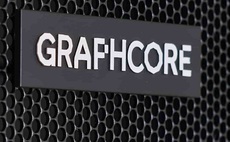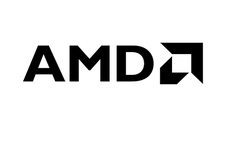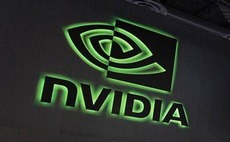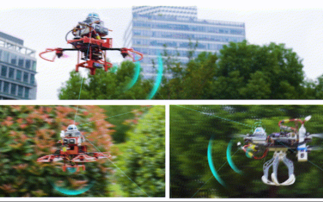Cambridge-1 will be among the world's top 30 most powerful supercomputers, and top three most environmentally-frien
Nvidia is building a new supercomputer, said to be the most powerful in the UK, which researchers will be able to use to address medical challenges - including those presented by coronavirus. Ac...
To continue reading this article...
Join Computing
- Unlimited access to real-time news, analysis and opinion from the technology industry
- Receive important and breaking news in our daily newsletter
- Be the first to hear about our events and awards programmes
- Join live member only interviews with IT leaders at the ‘IT Lounge’; your chance to ask your burning tech questions and have them answered
- Access to the Computing Delta hub providing market intelligence and research
- Receive our members-only newsletter with exclusive opinion pieces from senior IT Leaders




















